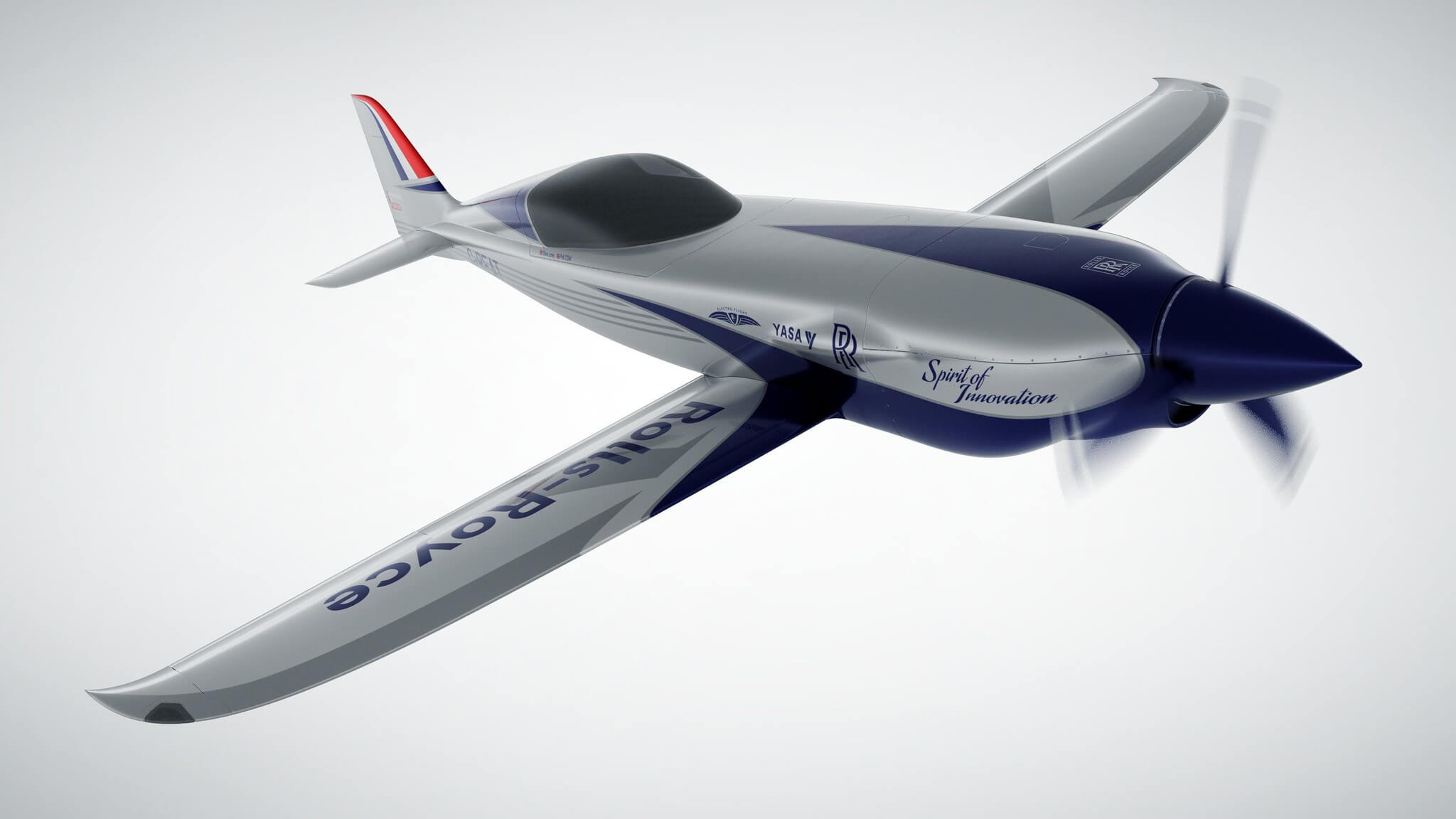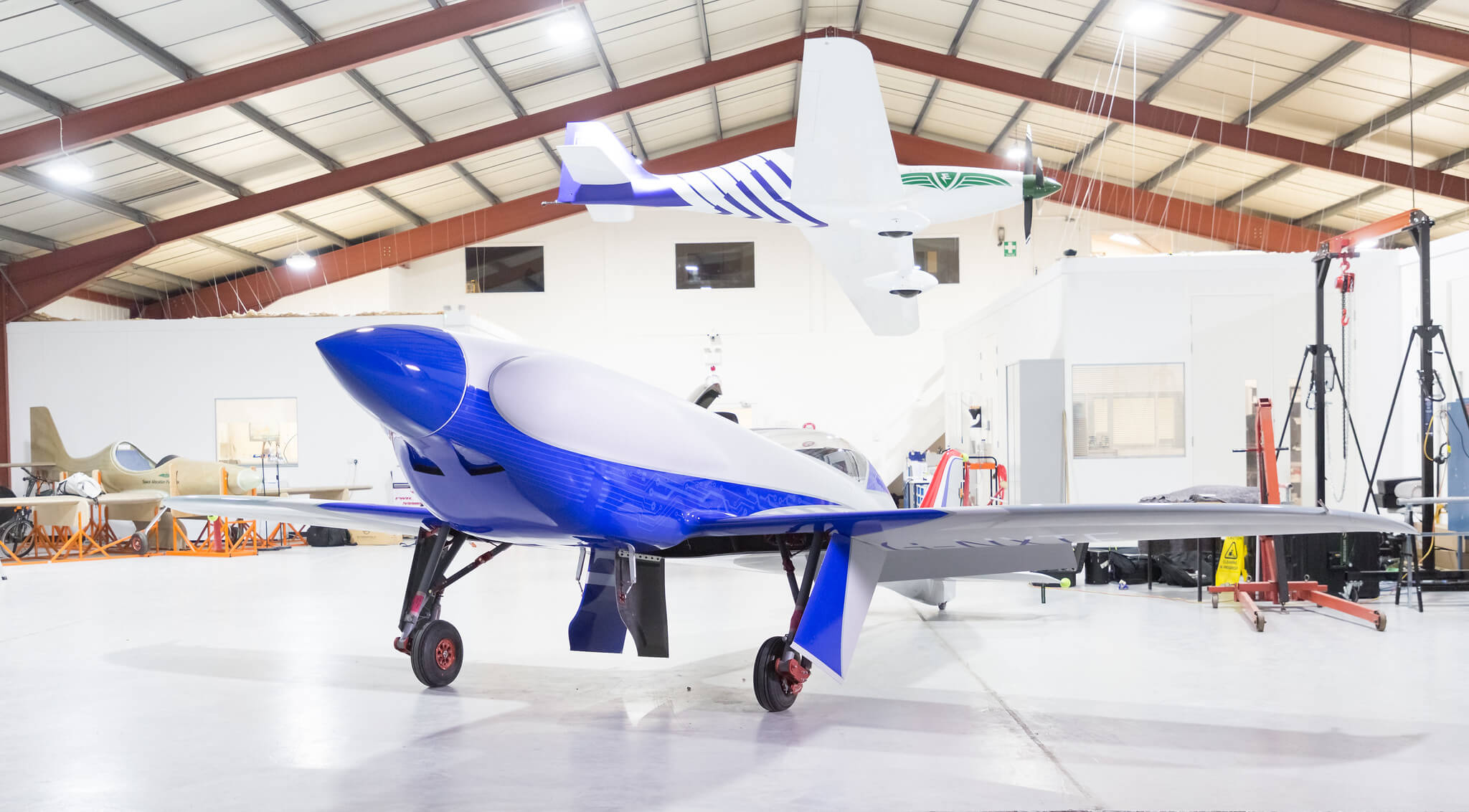Something to look forward to: Rolls-Royce announced the 'Accelerating the Electrification of Flight' (ACCEL) program earlier this year, for its contribution towards enabling zero-emission flights of the future, part of which is the recently unveiled ionBird aircraft designed to set a new top speed record for electric planes, currently held by the Siemens-powered 210 mph Extra 330LE.

Rolls-Royce wants to champion electrification for aerial transport and has partnered with aviation startup Electroflight and electric motor manufacturer YASA, to come up with the ionBird aircraft to test its electric propulsion system.
The electric plane, unveiled recently at Gloucestershire Airport, UK, is part of the company's ACCEL project for enabling worldwide travel with a low carbon footprint. The initiative is also backed by government funding and will see the ionBird going for the fastest speed record, in an attempt to beat 2017's benchmark.

Planned tests of the electric propulsion technology will be carried out with the ionBird's airframe. The plane uses a 6,000-cell battery pack, which the company says is "most power-dense battery pack ever assembled for an aircraft, providing enough energy to fuel 250 homes or fly 200 miles (London to Paris) on a single charge."
The propeller blades are spun by three axial electric motors, at a lower RPM than conventional planes, to make for a more stable and quieter flight. They'll be outputting a combined 500 hp when the ionBird goes for its record run, which Rolls-Royce says will be made possible with an energy efficiency of 90 percent and zero emissions.
Rolls-Royce is also working on other electrification projects, including 'E-Fan X' technology with Airbus for developing hybrid-electric commercial aircraft and a joint research program with Scandanivan airline Widerøe, for zero-emissions aviation through electrification of the latter's regional fleet of 30+ planes by 2030.
https://www.techspot.com/news/83315-rolls-royce-aims-world-fastest-all-electric-plane.html

